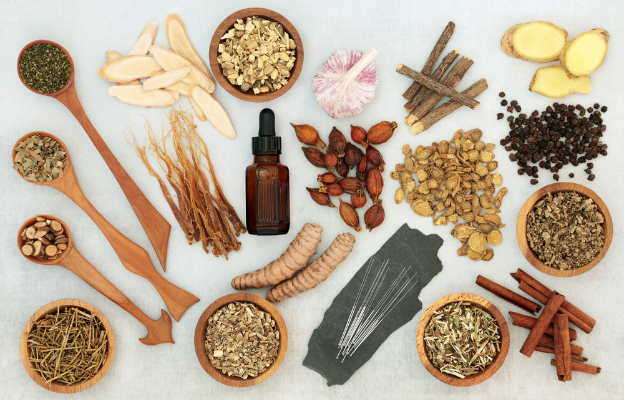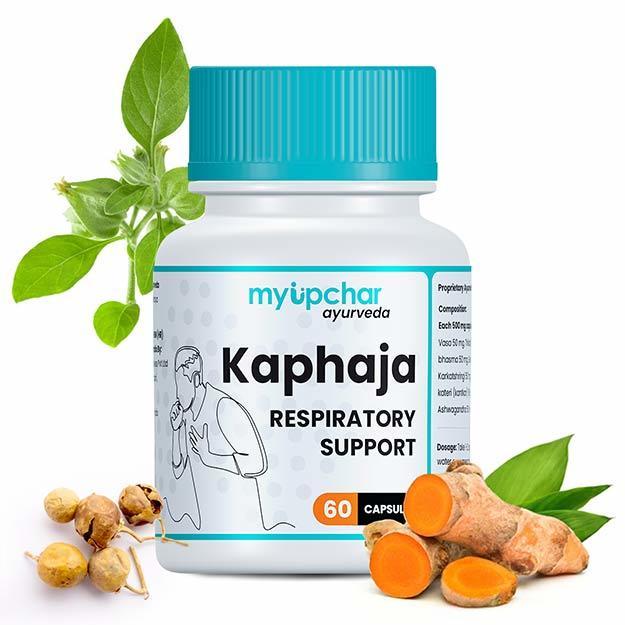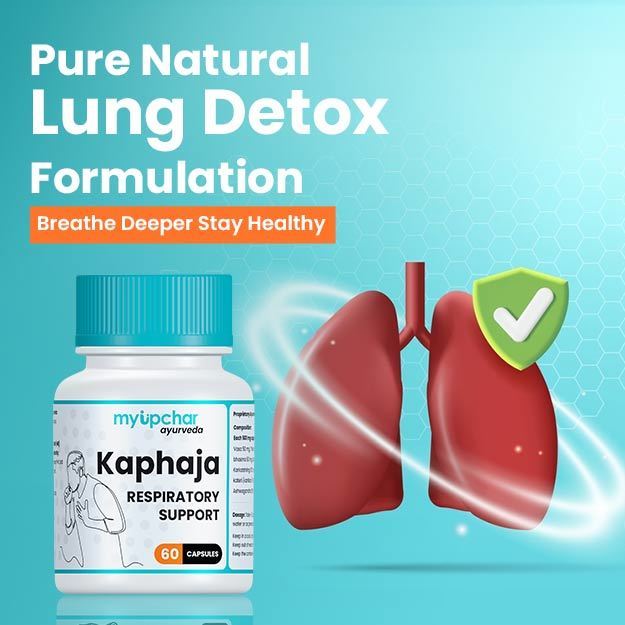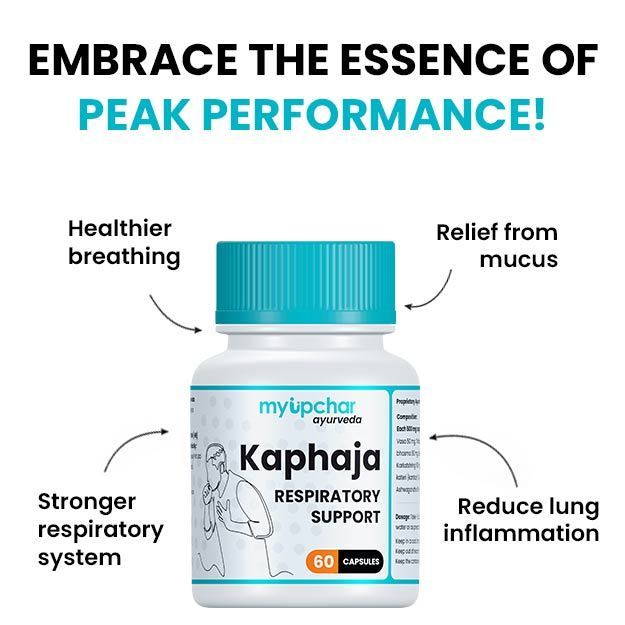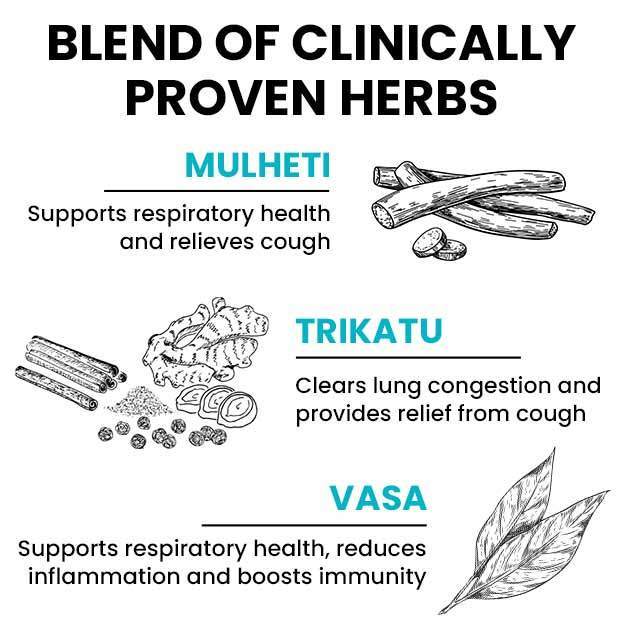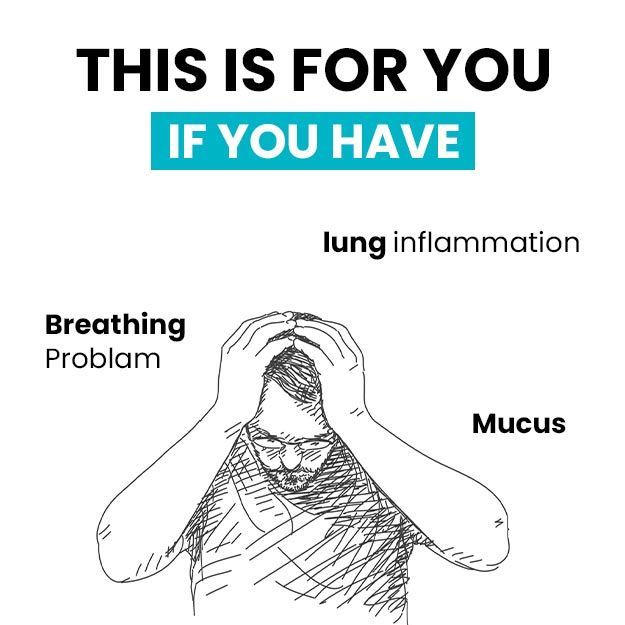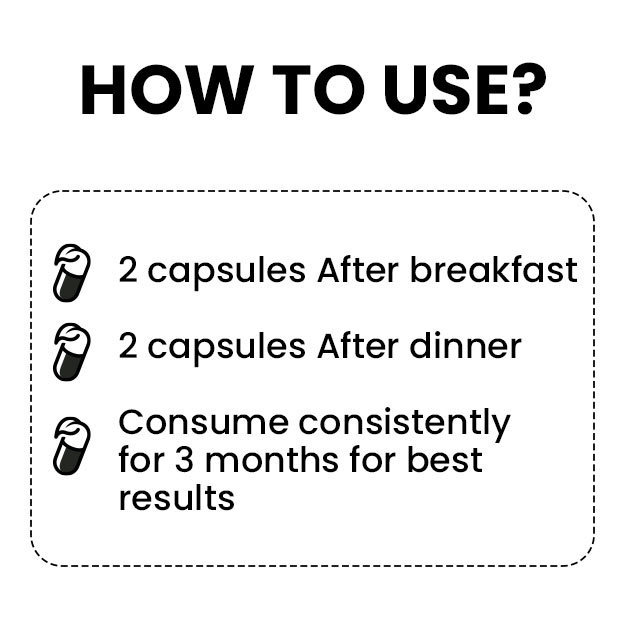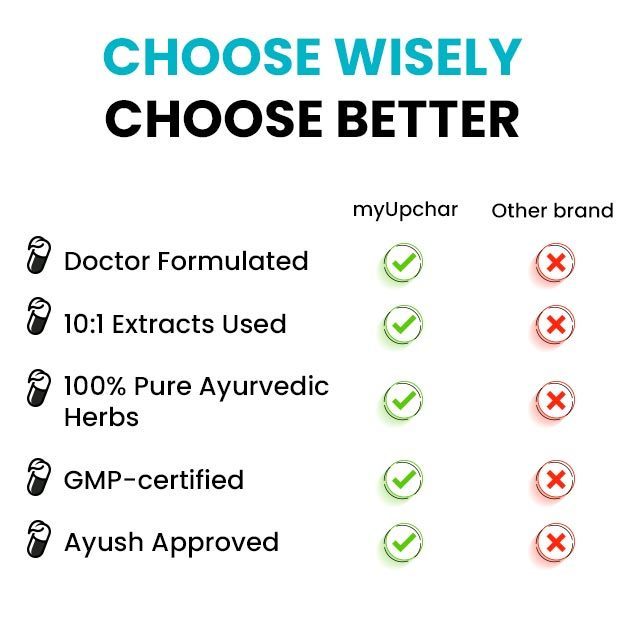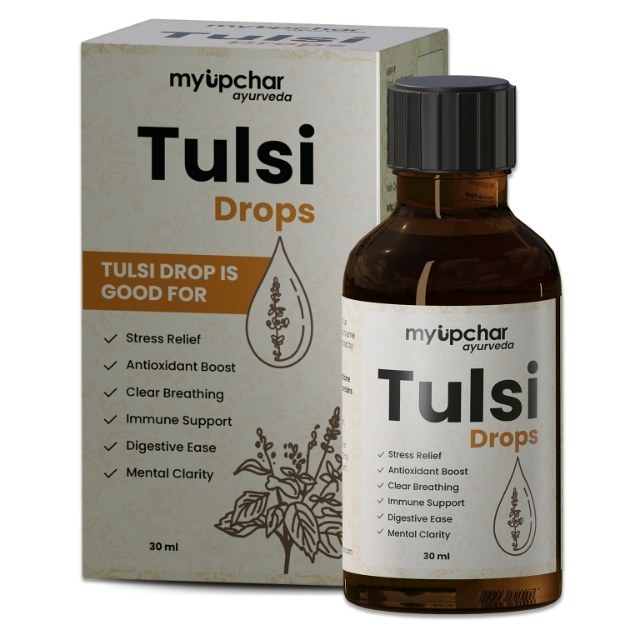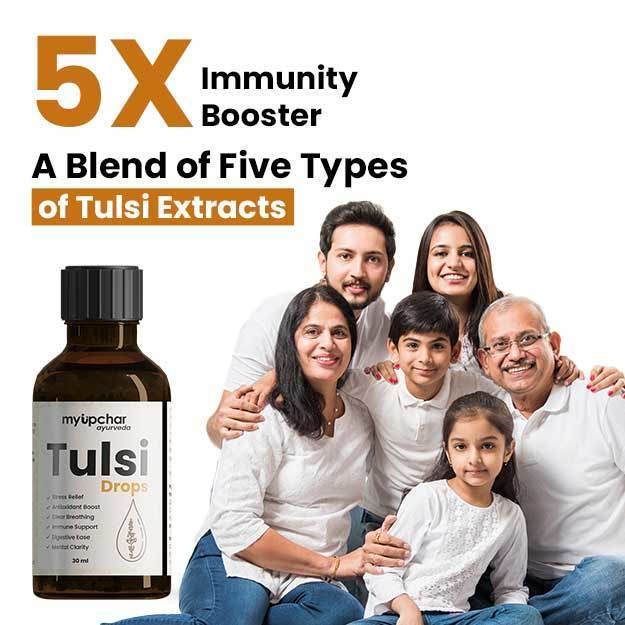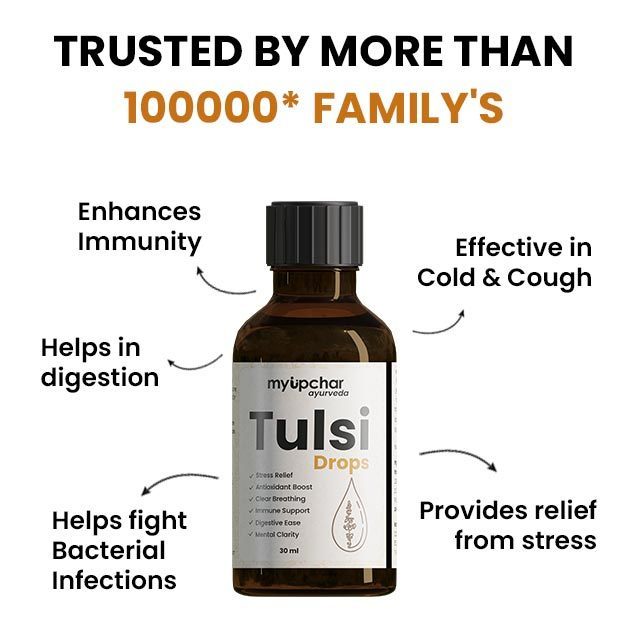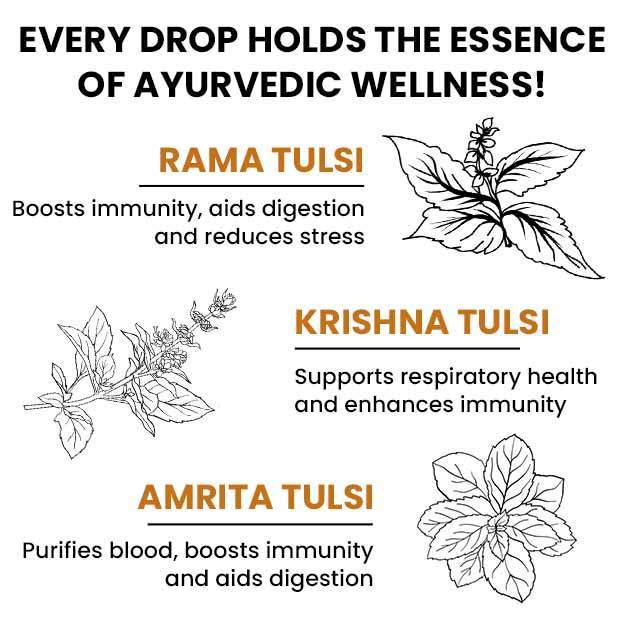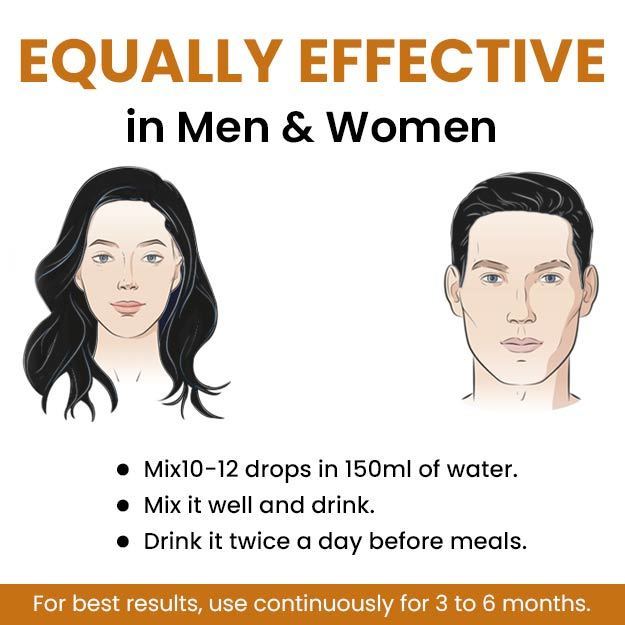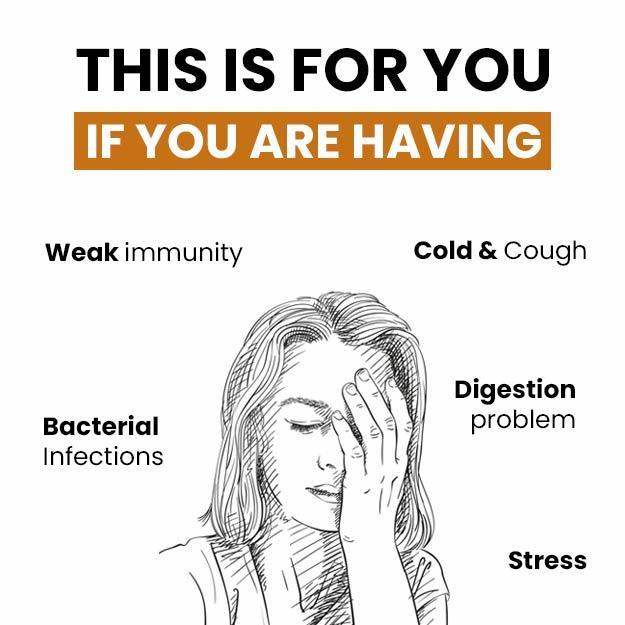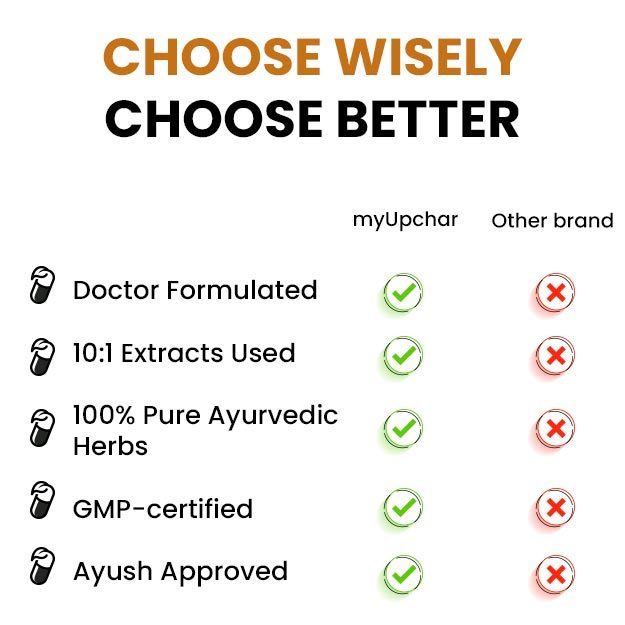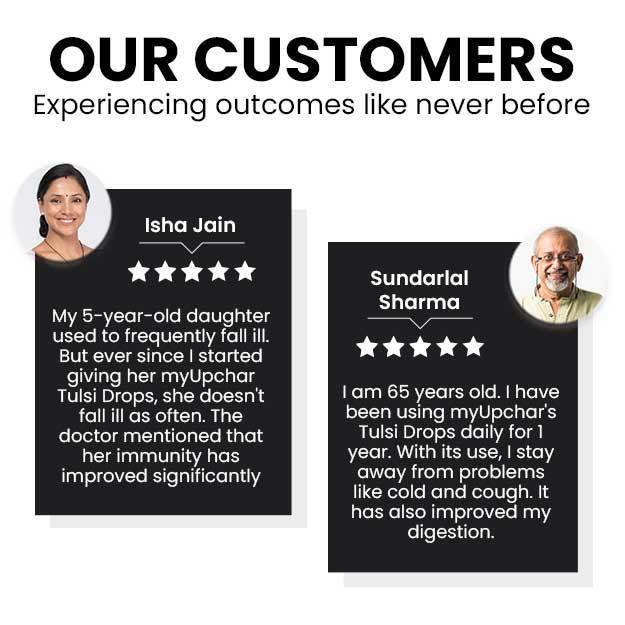What is Chronic Obstructive Pulmonary Disease?
This is a lung related disease. In this, there is swelling in the windpipe between the nose and the lungs, due to which oxygen is not supplied. In this problem, symptoms like coughing with or without mucus for a long time, wheezing in the throat and chest, feeling of shortness of breath, getting tired and having trouble breathing after doing physical work, tightness in the chest, swelling in the legs etc. are seen.
In this problem, it is important for us to take such a diet which can fulfill all the nutritional needs but also keep the breathing right. So let us know what we should eat and what we should not eat in COPD, that is, what is the right COPD diet.
(Read more - Respiratory failure)
What To Eat In COPD?
Taking the right diet in COPD helps in managing this problem. Some such diets and COPD diets are mentioned here. So let us know what to eat in COPD.
Take Small Meals
In this problem, we see that if we eat a large amount of food at once, then there is difficulty in breathing because our stomach is located below the diaphragm. If we eat a large amount of food, there is pressure on the diaphragm and lungs, which causes difficulty in breathing. Along with this, this habit also cures the problem of gas and bloating, so divide the whole day's diet into small parts.
Drink As Much Water As Possible
Along with hydration, water also helps in thinning and removing mucus. The temperature of water should be normal or lukewarm. Try to drink at least 7-8 glasses of water throughout the day.
Make Sure To Take Essential Vitamins And Minerals
In this problem, due to the use of steroids for a long time, there is a deficiency of calcium, vitamin D and potassium in the body, so it is necessary to keep their quantity right in the food.
- For calcium - Use milk and milk products, ragi, orange juice, green leafy vegetables, egg etc.
- For vitamin D - you can consume mushrooms, fatty fish oil. Sitting in the sun is also a solution. But the amount of vitamin D in all these is very low, so you can also do its supplementation after asking the doctor.
- For Potassium- Potassium helps the lungs to function properly but due to steroids, it gets deficient in the body. For this, consume coconut, lemon, orange, plum, melon, tomato, green leafy vegetables etc. regularly in your diet.
(Read more - Lung Disease)
Add Antioxidants In Your Diet
Antioxidants provide the body with the ability to fight infection. For this, include turmeric, ginger, garlic, cinnamon, cloves, green tea, red and yellow fruits and vegetables like papaya, apple, peach, grapefruit, carrot, pumpkin and juicy fruits like lemon, orange, amla etc. in your diet.
Which Oil Should Be Used?
In COPD, oils like mustard oil, sunflower oil, peanut oil, linseed oil, sesame oil, canola oil, etc. can be used. But it is necessary to avoid the use of trans fat and saturated fat. Dalda, butter, cream, biscuits, namkeen, cake, pastry, chips, and packaged snacks contain a lot of trans fat and saturated fat, so avoid them.
Keep Carbohydrate Intake Low
Since carbohydrate is one of the main sources of energy for the body, after its metabolism, the amount of carbon dioxide in the body increases which further increases the problem of COPD, hence keeping the amount of carbohydrate in the food low. For this, eat bran or mixed grain (wheat, barley, millet, gram, soybean) roti, whole wheat bread, brown rice, vegetables - bottle gourd, ridge gourd, ladyfinger, tomato, green leafy vegetables etc., fruits like apple, orange, seasonal fruit, papaya, melon etc. can be easily eaten. Avoid carbonated drinks.
(Read more - acute respiratory distress syndrome)
Take Protein In Your Diet
Eat protein rich things first from your plate. Protein repairs muscles and tissues in the body, helps hormones to function, keeps the immunity strong, and is also the main source of energy in COPD. For this, include low-fat milk and yogurt and cheese made from it, pulses, sprouted moong, nuts, eggs, chicken, fish, etc. in your diet.
What Not To Eat In COPD?
It is as important to know what to eat in COPD as it is to know what not to eat. Some such food items are mentioned here. So let's know what not to eat in COPD.
Avoid Mucus-causing Food
Some people have seen the problem of excessive mucus formation due to milk or milk products, you should also monitor your condition with these foods. If it causes problems, then stop it and use almond milk or soy milk. Apart from these, the problem of mucus formation is also seen due to the consumption of red meat, ice cream, butter, white bread, pasta, banana, sweets, tea, soda, alcohol etc. Use them according to your symptoms.
(Read more - Shortness of Breath)
Reduce Intake Of Gas-producing Foods
Bloating and gas cause breathing problems. Therefore, use gas-producing substances in minimum quantities. For this, use beans, cauliflower, cabbage, broccoli, capsicum, peas, corn etc. in minimum quantity. Also, do not delay between two meals.
Other Important COPD Diet Tips
Some other tips related to diet and lifestyle in COPD:
- Take a little rest before and after meals, which will also save energy and will not cause difficulty in breathing.
- Minimize the consumption of tea, coffee, coke, Pepsi and other caffeine-containing substances. Caffeine-containing substances interfere with the work of medicines taken for this problem, so avoid using them.
- In this problem, fatigue is seen by the evening, so try to supply most of the food in the morning.
- Stop smoking as soon as possible.
- Stay away from places with dust and chemical gas, if you are going to such places, then go wearing a mask.
- Be physically active, exercise according to your body's tolerance.
What To Do If You Have COPD And Are Overweight?
Weight gain is seen due to less physical labor and steroids, so check the amount of your food to see if you are eating too much. Avoid overeating or eating too much. Eat fiber-rich food which can reduce the amount of energy. Along with this, take green leafy vegetables and fruits in your food. Along with this, remain physically active according to your capacity.
What Should We Do For Fatigue?
Fatigue is a very common problem in such a situation, whoever does his daily work himself (like cooking food, washing utensils, washing clothes etc.) his main problem is that after finishing the work, there is no energy left in the body. To get rid of this problem, prepare food that requires less energy and effort, make a timetable for any work so that your work can be done in minimum time and energy. If there is someone around you, ask for help.
Food Supplement Required Or Not
There are many food supplements or protein supplements available in the market which provide some amount of energy, protein, fat, vitamins and minerals required for daily routine, but consume them only when the supply of nutrients is not possible through food. First, fulfill the nutrients from your diet, for this, consume grains, pulses, beans, chicken, fish, colorful vegetables and fruits and water in regular quantities in the diet.
(Read more - Wheezing)
Diet To Control Your Blood Sugar In COPD
In this problem, due to steroids, an increase in blood sugar is seen, so keep checking blood sugar from time to time, if the blood sugar is high, then start medication after meeting the doctor and consume as little sugar, jaggery, honey, white rice, white bread, sweet fruits like mango, sapota, litchi, grapes, custard apple etc. underground vegetables like potato, arbi, sweet potato, jimikand in the diet.
Tips To Increase Your Appetite
Lack of appetite is quite common in this problem. In such a situation, to make the food look good, eat vegetable soup. Along with this, you can get into the habit of eating at short intervals. Instead of taking liquid things with food, you can take it in between two meals, this will prevent the stomach from getting too full at one time.
Summary
Proper diet is very important in COPD (Chronic Obstructive Pulmonary Disease). Patients should take nutritious and light diets which provide energy and essential nutrients to the body. Green vegetables, fresh fruits, whole grains, and protein-rich foods like pulses, eggs, and fish are beneficial. High-fiber food is also beneficial. Excessive salt and sugar should be avoided as it can cause water deficiency or bloating in the body. Fried and processed food should also be avoided as it can increase respiratory problems. Apart from this, it is better to eat food in small intervals so that there is not too much pressure on the body.
Find Nutritionist in cities
Doctors for The Ultimate COPD Diet: Foods to Eat and Avoid

Dr. Dhanamjaya D
Nutritionist
16 Years of Experience

Dt. Surbhi Upadhyay
Nutritionist
3 Years of Experience

Dt. Manjari Purwar
Nutritionist
11 Years of Experience

Dt. Akanksha Mishra
Nutritionist
8 Years of Experience
References
- American Lung Association [internet]. Chicago. Illinois. US; Nutrition and COPD
- Rawal Gautam, Yadav Sankalp. Nutrition in chronic obstructive pulmonary disease: A review. J Transl Int Med. 2015 Oct-Dec; 3(4): 151–154. PMID: 27847905.

